
Top Books for Dementia Patients: Engaging Reads at Every Stage of Memory Loss

If your loved one has Alzheimer’s or another form of dementia, you can help them enjoy reading by using adapted books. These books have summarized text, large print, or images in place of words. However, just because a book has these dementia-friendly features doesn’t mean it isn’t still interesting and age-appropriate. Readers can keep their dignity while reading books suited to each stage of dementia. Using adapted books is also a fun way to help your loved one reminisce and maintain cognitive abilities.
Let our care assessment guide you
Our free tool provides options, advice, and next steps based on your unique situation.
Key Takeaways
- Reading is great for reminiscence and brain health. Even simply turning the pages can bring about feelings of calm and nostalgia.
- Books for early-stage dementia are similar to average books. Some are chapter books, and others have accompanying illustrations.
- Books for middle- and late-stage dementia use images and simple descriptions. Read these books while sitting with your loved one to help them recall memories.
- You can benefit from supporting your loved one’s reading habits. Reading with them can help you reconnect, and encouraging them to read on their own can give you some time to yourself.
How reading can benefit your loved one
It may not be apparent why reading benefits someone with memory loss, especially as their cognitive abilities decline. However, simply participating in a favorite pastime — like holding a book and turning the pages — can help your loved one feel at ease by encouraging reminiscence and nostalgia. Stimulating this implicit memory of reading can be a key part of your loved one’s overall care strategy.[01]
Reading is not only great for reminiscence. The cognitive stimulation of reading can also help seniors with dementia maintain their cognitive abilities.[02]
Scientific studies consistently show that a habit of reading and other forms of cognitive exercise can reduce or slow cognitive decline and leads to higher brain density.[03] There is even proof that reading helps to protect the existing memory in people who have brain damage and memory disease.[04]
Below are lists of books that are adapted to each stage of dementia.
Best books for early-stage dementia
In early-stage dementia, your loved one might still be able to live independently and finish tasks on their own, but they may have trouble remembering details such as a person’s name.[05] Books for this stage have easy-to-read sentences that make up brief paragraphs and chapters, and they’re similar to average books. Pictures and stories centered around familiar topics help seniors stay engaged.
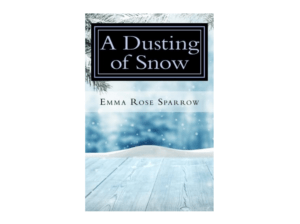

Find it here: The Hockey Game

Let our care assessment guide you
Our free tool provides options, advice, and next steps based on your unique situation.
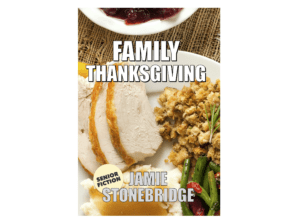
Best books for the middle stages of dementia
If your loved one shows signs of cognitive impairment, such as sudden personality changes and the need for help with daily activities, they may be in the middle stages of dementia.[05] Books for this stage use pictures and illustrations to help your loved one recall memories. Simple descriptions and page layouts make it easier for seniors to focus on the story.
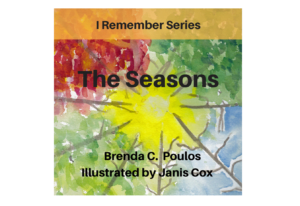
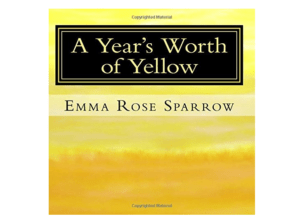
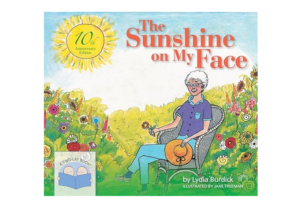
Best books for late-stage dementia
If your loved one experiences severe memory loss and isn’t able to control their movements anymore, they may be in the late stages of dementia.[05] Books for this stage are designed for seniors and caregivers to flip through together. The illustrations should prompt you to ask questions and help your loved one reminisce.

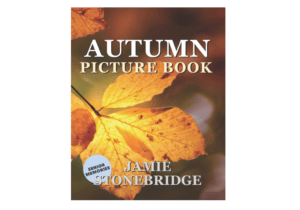

Caregiver benefits
Books that are easy for your loved ones to read can give them a feeling of success that boosts self-esteem. Also, reminiscence can put them at ease, and cognitive stimulation may help them maintain their current abilities.
Promoting reading is also a way for caregivers to find a moment for themselves while their loved one enjoys the activity. Or, if you choose to read with your loved one, it can deepen the bond you share.

Talk with a Senior Living Advisor
Our advisors help 300,000 families each year find the right senior care for their loved ones.
You can also consider these other engaging activities to keep your dementia-affected loved one cognitively stimulated:
- Best puzzles for dementia patients
- Best trivia questions for dementia patients
- Music and memory programs for dementia patients
Or, if you’re looking for a book to help you understand what your loved one is experiencing, you’ll find numerous resources for caregivers in this article on the best books on dementia for caregivers. Whether you’re interested in lifestyle tips or in more ways to provide cognitive stimulation, there are books that touch on every subject.
If you think your loved one might need additional assistance or stimulation that you may not be able to provide, reach out to A Place for Mom’s Senior Living Advisors. These experts can help you find professional memory care caregivers in your area, all at no cost to you.
Son, G., Therrien, B., & Whall, A. (2002) Implicit memory and familiarity among elders with dementia. Journal of Nursing Scholarship.
Kawashima, R., Okita, K., Yamazaki, R., Tajima, N., Yoshida, H., Taira, M., Iwata, K., Sasaki, T., Maeyama, K., Usui, N., & Sugimoto, K. (2005, March 1). Reading aloud and arithmetic calculation improve frontal function of people with dementia. The Journals of Gerontology: Series A.
Wilson, R. S., Boyle, P. A., Yu, L., Barnes, L. L., Schneider, J. A., & Bennett, D. A. (2013, July 23). Life-span cognitive activity, neuropathologic burden, and cognitive aging. Neurology.
Fisher Center for Alzheimer’s Research Foundation. (2014, April 7). Keep reading to keep Alzheimer’s at bay. Alzinfo.org.
Alzheimer’s Association. Stages of Alzheimer’s.
Senior living options in all states
The information contained on this page is for informational purposes only and is not intended to constitute medical, legal or financial advice or create a professional relationship between A Place for Mom and the reader. Always seek the advice of your health care provider, attorney or financial advisor with respect to any particular matter, and do not act or refrain from acting on the basis of anything you have read on this site. Links to third-party websites are only for the convenience of the reader; A Place for Mom does not endorse the contents of the third-party sites.
Make the best senior care decision
Make the best senior care decision